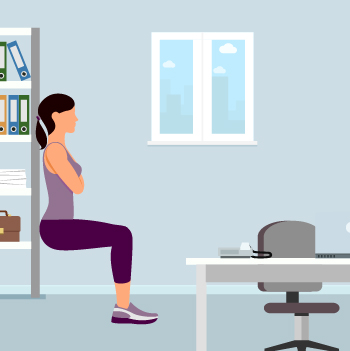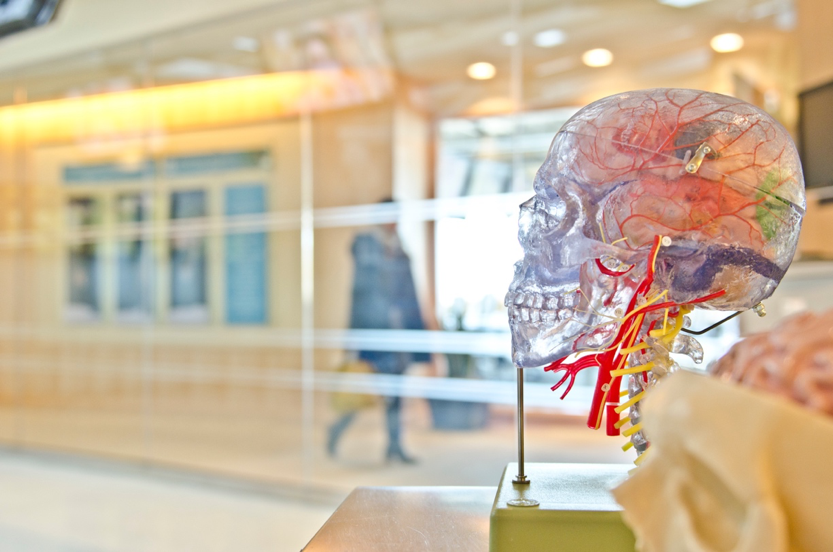Dr. Tonya Davis, assistant director of clinical training for The Family Institute at Northwestern University’s Counseling@Northwestern program, talks about the importance of clinical training, her career path, and Counseling@Northwestern’s unique approach to online learning.
Blog
Explore content produced by Northwestern University’s faculty and staff
Dr. Nate Perron is a full-time core faculty member and director of clinical training for the Counseling@Northwestern program. During his time as a professional counselor, he has worked in a variety of mental health settings for over 12 years, teaching for more than 8. As the director of clinical training for the program, he ensures that students receive the best possible support during their field training so they can excel as counselors.

Core faculty member Cori Costello responded to the Red Cross’ national call for rapid deployment of mental health counselors to support with Hurricane Harvey relief efforts. In her personal reflection, Professor Costello shares her experience providing disaster mental health aid to those devastated by the natural disaster, while also helping disaster volunteers process what they were seeing and experiencing in the midst of a highly stressful situation.

On Saturday June 26, 2017, Counseling@Northwestern, the Master of Arts in Counseling Program delivered online from The Family Institute at Northwestern University, awarded its first graduating class with diplomas. Counseling@Northwestern provided these graduates with more than just the skills and experience they needed to become successful mental health counselors; the program gave them a community and a place to thrive.

Do you ever wonder where the day goes when you’re stuck sitting behind a desk? Your body does too. While your mind is busy forging ahead and tackling your workload, your body is not doing much other than just being sedentary. Stand-up desks, lunchtime walks, and frequent stretch breaks are all recommended ways to stay active and break up long workdays. However, if you find your body is softening or your metabolism is plummeting, you might need more than light movements throughout the day.

While counseling continues to expand its influence within various domains of mental health, one area in which there seems to be an observable lack of counselor impact is the field of neuroscience. By promoting “neurocounseling”—a therapeutic approach informed by neuroscience principles—many hope to build a future in which counselors can become neuro-savvy practitioners as well as active contributors to a larger scientific conversation. In fact, one such conversation is already beginning to take shape in Counseling@Northwestern’s newest neurocounseling initiative: BRAINSTORM.

Ever been around someone who is short-tempered before a visit to the dentist? People who fear the dentist may experience an increase in frustration levels and a reduction in tolerance levels. These responses, although uncomfortable, are short-lived and a normal activity of your nervous system. Typically, the nervous feelings decrease or end after the stressful event.
However, for some, the nervous feeling continues and can create problems in daily living. Here, we will look at types of anxiety, how anxiety affects the brain, and how to treat this common experience.



